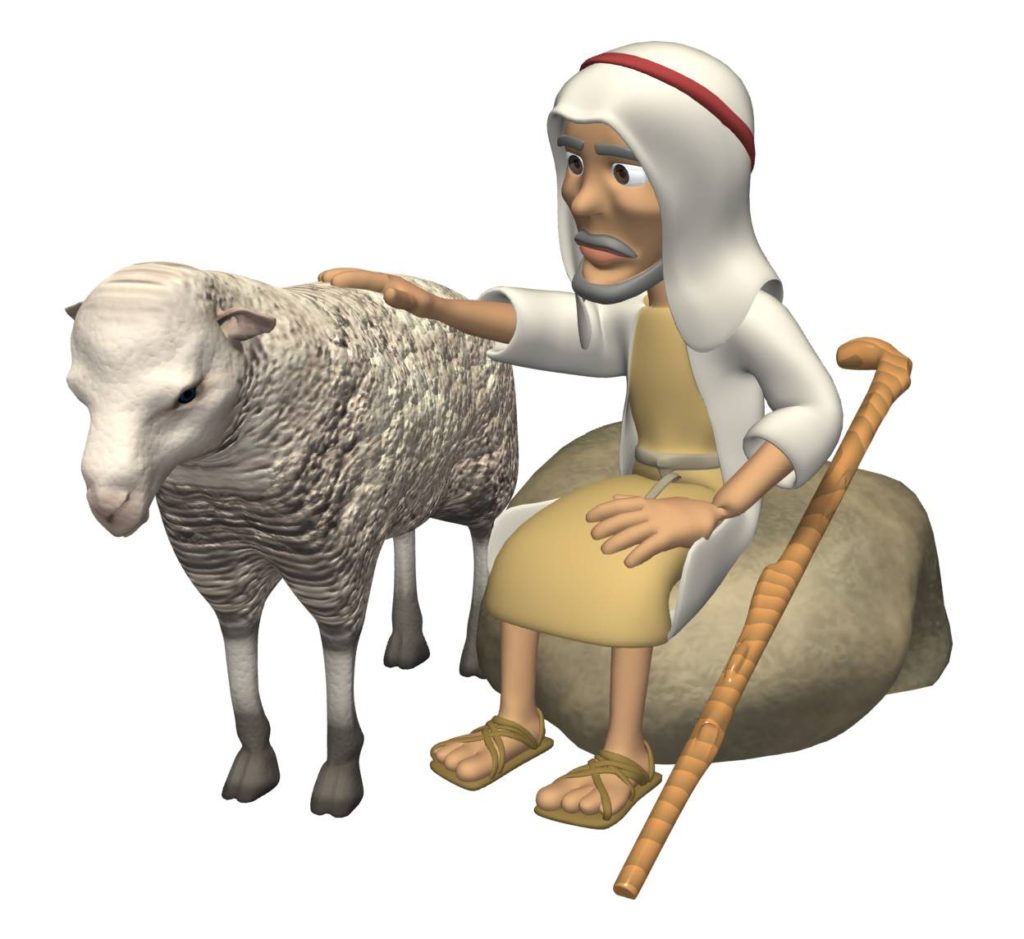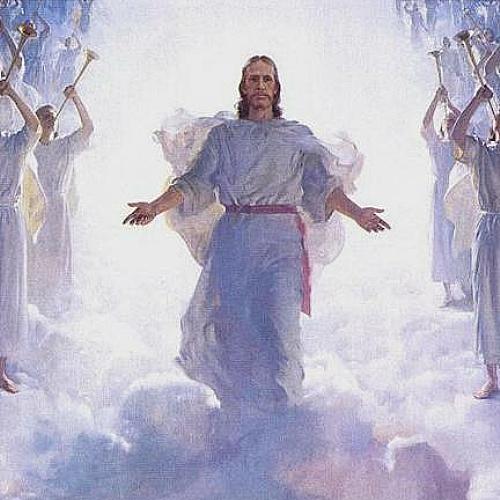
Both a physical and spiritual response is required to survive the current Coronavirus/COVID-19 plague that is sweeping the earth. I discuss both of these needed responses in the video below.
In the video, I also briefly discuss Psalm 91. In this post, I go into more detail on this vital biblical passage. This should encourage anyone who is experiencing fear and anxiety over the current viral epidemic.
In the video, I also discuss the physical precautions that I’m taking to protect myself from this lethal virus. Other than following government recommendations, I am also taking nutritional supplements to strengthen my immune system. (This is what I’m doing and I’m not recommending this for anyone else. Do your own research and check with your health care provider on what to do for you.) The supplement that I am taking include the following:
- Four to six thousand mg of vitamin C (ascorbic acid) spread out through the day.
- Several thousand mg of vitamin D per day.
- Potassium iodide each day.
- Glutathione each day.
Psalm 91:1 (and the rest of Psalm 91) Is the Biblical 9-1-1 to Call in Our Time of Trouble
Psalm 91:1, Secret. Heb. cether means “covering, shelter, hiding place, secrecy,” and is from the root word meaning “to hide, conceal.” When troubles comes our way like a tidal wave, the natural human reaction is either to stand and fight or to flee in fear. In psychology this is known as “the fight or flight response.” The Bible teaches us that there is both a time to fight and a time to flee (Eccl 3:1; Matt 24:16; 12:14 cp. Eph 6:14; Luke 19:13). Spiritual discernment and being led by the Spirit of Elohim will direct us what to do and when. Regardless, at all times we need to be “hiding” in the secret place or under the shadow of YHVH’s “wings” with regard to our spiritual relationship with our Almighty Father in heaven as this verse states. When we are in that place of covering and under the shadow of the wings of the Almighty, which alludes to his throne room, we will not be cowering in fear from our enemies, but we will find the courage, will and stamina to stand firm in faith, and, if necessary, to come out and to fight the enemy not in our own strength, but in Elohim’s strength as led and guided by his Spirit.
Abide. This is the Hebrew word luwn meaning “to lodge, stop over, pass the night or abide.” A lodge is a place where one temporarily spends the night. When dark times come our way, we need to stop and spend the night or run to and abide in the throne room of the Almighty! This speaks of prayer, worship, praise and studying his Word.
Psalm 91:1, Cover. This Hebrew word literally means “to fence around or protect.”
Psalm 91:1, 4, 16, Under the shadow of the Almighty…under his wings. (See notes at Ps 61:4.) According to the ancient Jewish sages, Moses composed this psalm for the tribe of Levi who, while ministering in the tabernacle, dwelt under the shadow of the wings of cherubim that stood over the ark of the covenant in the Tabernacle of Moses—an earthly representation of YHVH’s throne room in heaven. The sages go on to explain that the psalmist describes the devout man of faith lives with Elohim in his heart, and never leaves Elohim’s shadow. Such a man is a true biblical hero of faith to whom Elohim pledges (v. 16) to satisfy with long life and to show him his salvation or deliverance from evil (The ArtScroll Tanach Series Tehillim/Psalms Commentary on Ps 91). This psalm ends with the promise of the blessing of long life to those who love and serve YHVH, and beyond that, salvation, which is the Hebrew word Yeshua—the very name of the coming Messiah, who would offer his people deliverance from the ultimate enemy, namely sin and its death penalty. The result of this deliverance is the glorious divine gift of eternal life through faith in Yeshua the Messiah—the supreme gift and blessing of all! This psalm is literally a prophecy pointing to the Messiah.
Continue reading




